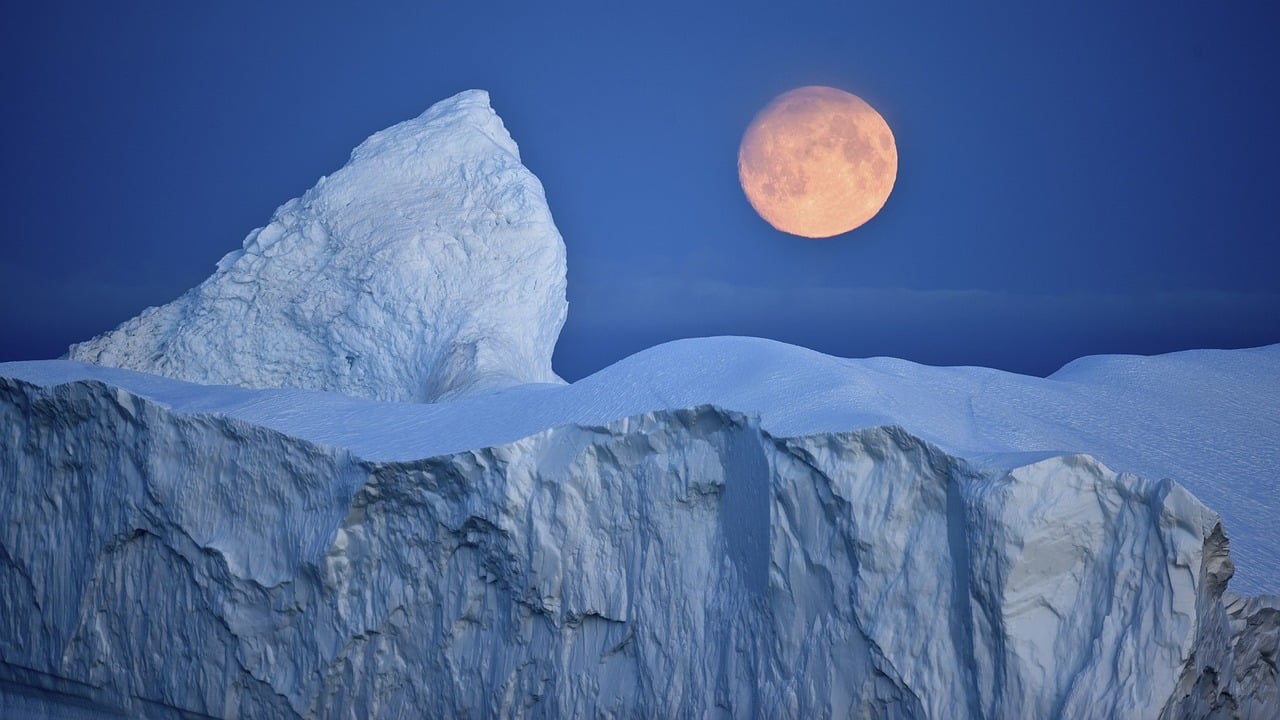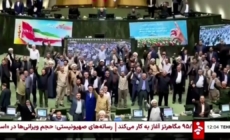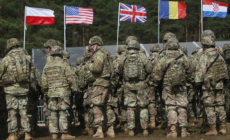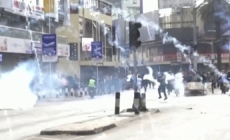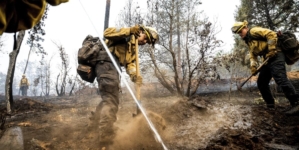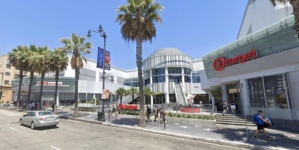Out of 66,500 high school students from 21 countries worldwide, those selected to take part in Rosatom’s summer expedition this August have now been announced. Enikő Dezséri, a student at Könyves Kálmán High School in Budapest, will represent Hungary in the program, that will take her to the Arctic aboard a nuclear-powered icebreaker, reports Világgazdaság.
The Russian company Rosatom is making a strong effort to spark interest in nuclear science and industry, to discover talent, and, of course, to attract new talents to itself. Recently – and not for the first time – the company launched a competition for secondary school students.
The winners are invited to take part in this year’s North Pole Expedition aboard a nuclear icebreaker.
The competition, called “Icebreaker of Knowledge,” attracted participants from 21 countries, including Hungary.
It was organized in several rounds as part of a scientific educational project. 63,000 secondary students from Russia and 3,500 from 20 other countries tried their luck.
The international competition, held in three rounds, began on April 28, 2025:
- In the first round, international participants had to complete a scientific quiz.
- The top performers were invited to a webinar, where they learned about Rosatom’s technologies, including those used for safe navigation in the Arctic. Based on their notes from watching the presentations, the three best students were selected for the third round.
- In the third and final round, students had to create a video presentation on how nuclear technologies can change life in their home countries.
Enikő Dezséri, a student from Könyves Kálmán High School in Budapest, talked in her video presentation about vertical farming as a possible solution to global warming and the loss of arable land. This work is done in soil-free greenhouses under controlled conditions, and the energy required can be provided by nuclear power plants.
The Hungarian winner also spoke about the role of nuclear energy in research, mentioning the HUNOR program and the “space pepper” (a type of pepper developed at the University of Debrecen for space cultivation).
In addition to the relevance of the content, the international jury also appreciated originality and creativity.
Alongside the 20 international winners, 48 of the 63,000 Russian participants qualified for the final, held on June 20 at the ATOM Museum in Moscow. In addition to the intellectual quiz, Russian students had to present their scientific ideas on topics such as quantum technology, bionics, and rare-earth elements. Twenty-seven of them won a boarding pass.
Since the launch of the “Icebreaker of Knowledge” project, over 350 talented students have taken part in Rosatom’s Arctic expeditions.
Last year, Hungary was represented in the Arctic by Levente Varga, a student at the bilingual Kőrösi Csoma Sándor Baptist High School.
The “Icebreaker of Knowledge 2025” project is part of the celebrations for the 500th anniversary of the development of the Northern Sea Route in Russia. The Northern Sea Route is the shortest shipping route between Western Eurasia and the Asia-Pacific region, but it is ice-covered most of the year. Only Russia possesses a nuclear icebreaker fleet. The fleet consists of eight nuclear icebreakers and is operated by Atomflot, a subsidiary of Rosatom.
Related article
Another Hungarian Student to Reach the North Pole in International Expedition
Via Világgazdaság, Featured image: Wikipedia
